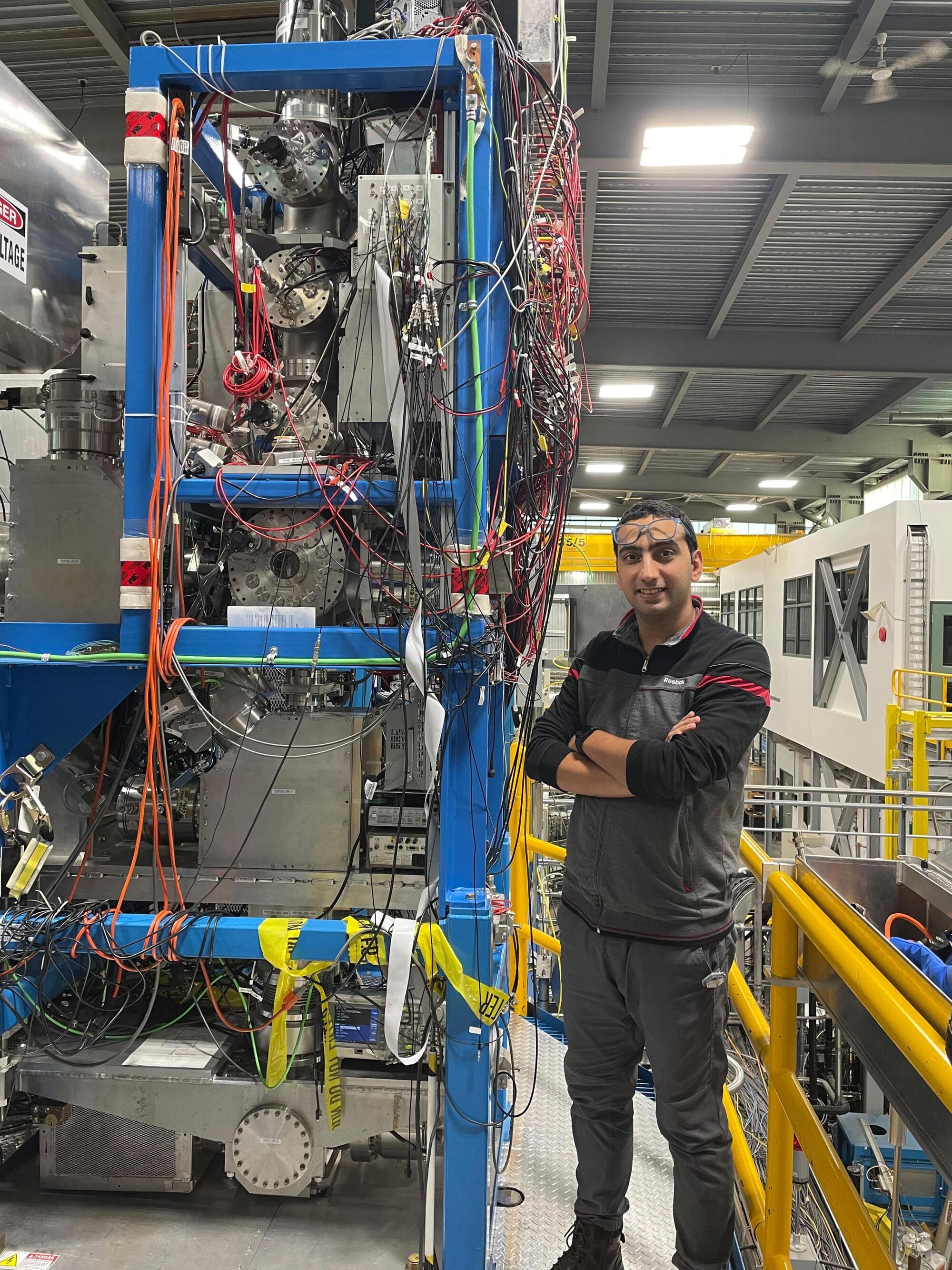An international team of researchers, led by scientists from GSI/FAIR in Darmstadt, Germany, has studied r-process nucleosynthesis in measurements conducted at the Canadian research center TRIUMF in Vancouver. At the center of this work are the first mass measurements of three extremely neutron-rich tin isotopes: tin-136, tin-137 and tin-138. The results are published in the journal Physical Review Letters.
The high-precision measurements, combined with nucleosynthesis network calculations, help to better understand how heavy elements are formed in the universe, especially through the rapid neutron capture process (the r-process) occurring in neutron star mergers.
The data reveal the neutron separation energy, which defines the path of the r-process on the nuclear chart. The study found unexpected changes in the behavior of tin nuclei beyond the magic neutron number N=82, specifically, a reduction in the pairing effect of the last two neutrons.
